Hose free gardening...
13 years ago
Related Stories
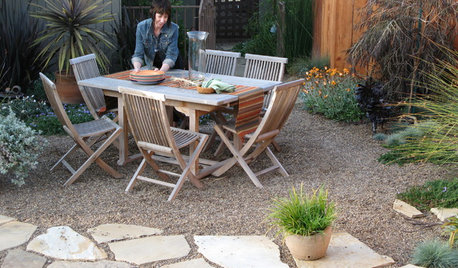
LANDSCAPE DESIGN15 Great Ideas for a Lawn-Free Yard
End the turf war for good with hardscaping, native grasses and ground covers that save water and are easier to maintain
Full Story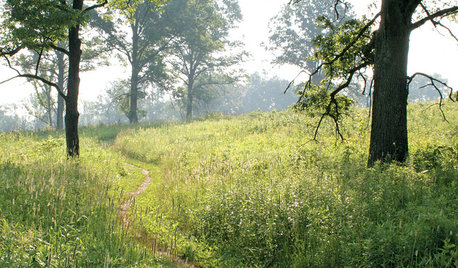
GARDENING GUIDES5 Easy Ways to Break Free of a Gardening Rut
Experience your garden in a whole new way — no big budget or major effort required — with these invigorating ideas
Full Story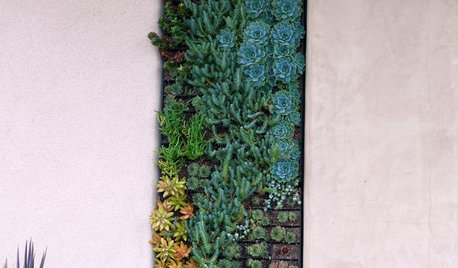
GARDENING AND LANDSCAPING3 Fuss-Free Ways to Garden
You can do it! Try the low-water, natural or container garden look
Full Story
GARDENING GUIDESGet on a Composting Kick (Hello, Free Fertilizer!)
Quit shelling out for pricey substitutes that aren’t even as good. Here’s how to give your soil the best while lightening your trash load
Full Story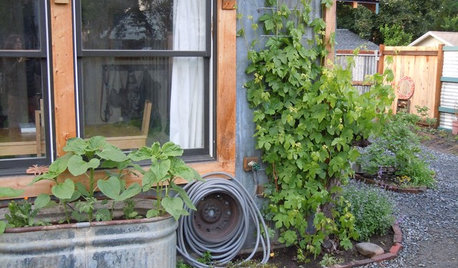
GARDENING GUIDESEdible Gardening Essentials: Tips for Traditional Hand Watering
Save the expense and hassle of a complicated garden system with a simple watering can or inexpensive hose add-ons
Full Story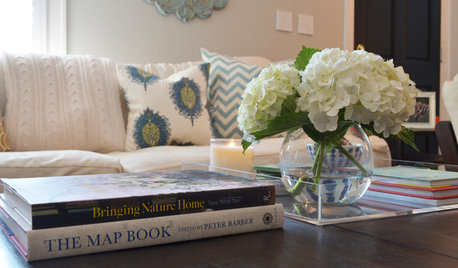
BUDGET DECORATING21 Free Ways to Give Your Home Some Love
Change a room’s look or set a new mood without spending anything but a little time
Full Story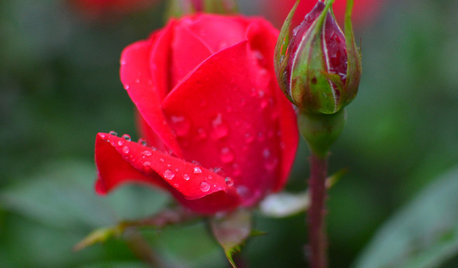
GARDENING GUIDESGreat Design Plant: Knock Out Roses
As glorious as their high-maintenance kin for a fraction of the work, Knock Out roses make even beginners look like garden stars
Full Story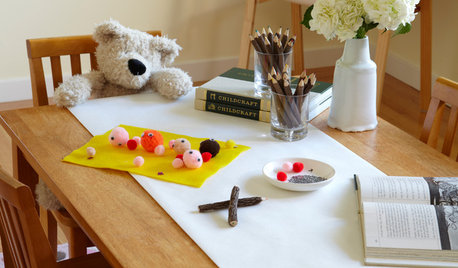
LIFE10 Ideas for Making Screen-Free Play a Reality
Here's how to tempt your children with activities that will encourage their creativity and keep them away from the TV
Full Story
HOUSEKEEPINGEasy Green: Steam Cleaners for a Chemical-Free Sparkle
Deep clean and sanitize by harnessing high-temperature water for floors, curtains and clothes as immaculate as they are healthy
Full Story
DECORATING GUIDESFeel Free to Break Some Decorating Rules
Ditch the dogma about color, style and matching, and watch your rooms come alive
Full Story



Dan _Staley (5b Sunset 2B AHS 7)
xhalestarzOriginal Author
Related Discussions
Garden hose and hose end questions
Q
Kink free water hose
Q
Do kink-free hoses really exist?
Q
Lead-free bathroom shower hose (w/o Prop 65 warning)?
Q
albert_135 39.17°N 119.76°W 4695ft.
Dan _Staley (5b Sunset 2B AHS 7)
jolj
Kimmsr
xhalestarzOriginal Author
Michael
prairiemoon2 z6b MA
pnbrown
AlaskaChris
flora_uk
pnbrown
alt_health
rhizo_1 (North AL) zone 7
regina_phalange
terrene
dchall_san_antonio
buford
girlgroupgirl
chickencoupe